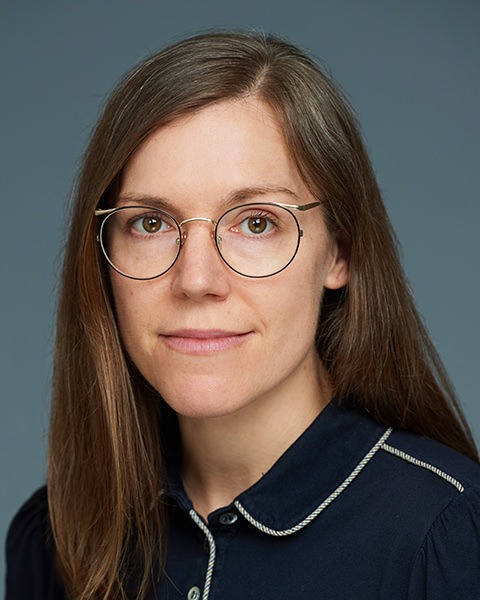Treatment - CBT
(PS5-A12) Virtual Social Anxiety Group: Evaluating the Therapeutic Impact and Addressing the Challenges of the Pandemic on Social Interaction and Exposures
- JS
Joy Shen, B.S.
Research Assistant
Cognitive Behavioral Consultants
New York, New York - TW
Tali Wigod, Psy.D.
Research Director
Cognitive and Behavioral Consultants
White Plains, New York - DF
Danielle Francois, Psy.D.
Staff Psychologist
Cognitive & Behavioral Consultants
Croton on Hudson, New York 
Laura Cyran, M.S.
Predoctoral Intern
Cognitive & Behavioral Consultants
HASTINGS ON HUDSON, New York- JT
Joseph R. Taliercio, Ph.D.
Coordinator of Research
Cognitive and Behavioral Consultants
White Plains, New York - MM
Melyssa Mandelbaum, M.S.
Clinical Psychology Intern
Cognitive & Behavioral Consultants
Fair Lawn, New Jersey - LM
Lata K. McGinn, Ph.D.
Professor/Co-Founder
Yeshiva University/Cognitive & Behavioral Consultants
White Plains, New York
Author(s)
Co-Author(s)
Social anxiety disorder (SAD) is a common and persistent disorder that largely impacts adolescents and young adults. It is characterized by extreme fear of being judged, scrutinized, or criticized by others in social situations (Burnstein et al., 2011; Kessler et al., 2012), and can lead to significant impairment if left untreated. Several empirically-supported and well-established treatment protocols have been developed over recent decades (Powers et al., 2009), many of which incorporate exposure and response prevention (ERP), psychoeducation, cognitive restructuring, and in-person interactions. In response to the onset of the COVID-19 pandemic in 2020, mental health providers worldwide quickly shifted to a new treatment modality: telehealth. Unfortunately, there is little research investigating the effectiveness of virtual social anxiety treatment and more specifically, social anxiety exposures conducted virtually. Research in this area has been limited to the use of virtual reality based exposures which tends to require expensive materials and lacks accessibility (Anderson et al., 2003; Kampmann et al., 2016). To address this literary gap, we at Cognitive and Behavioral Consultants (CBC) will examine the therapeutic effects of our virtual social anxiety groups. Our programming for adolescents is based on Social Effectiveness Therapy for Children and Adolescents (Beidel, Turner, & Morris, 2003) and Skills for Academic and Social Success (Masia,Warner, Fisher, Shrout, Rathor & Klein, 2007), both of which are empirically supported treatments for social anxiety in this age group. Similarly, our social anxiety programming for young adults is based on Cognitive Behavioral Group Therapy (CBGT) (Heimberg & Becker, 2002). Social anxiety groups run for 12 weeks and include typical CBT techniques such as psychoeducation, relaxation training, cognitive restructuring, social skills training, attention strengthening, and exposure. Since the start of the pandemic, virtual administration of social anxiety groups has incorporated exposures in the form of phone calls, text messages, and virtual role playing with group members. Preliminary data will be presented on over 25 adolescents and young adults who have completed CBC’s virtual social anxiety group. Data were collected prior to their enrollment in the group, upon graduating twelve weeks later, and at three-month follow-up. Patients were assessed on general psychological health, social anxiety symptoms, functioning, depression, and general anxiety. Preliminary analyses will evaluate treatment effectiveness in terms of symptom reduction, improving overall functioning, and sustaining treatment gains for at least 3 months post-intervention. Clinician feedback regarding challenges and benefits will also be discussed. These data have implications for the feasibility of telehealth group treatments for social anxiety and can help to increase accessibility of treatment to those with financial and physical barriers to treatment in the face of the pandemic.

